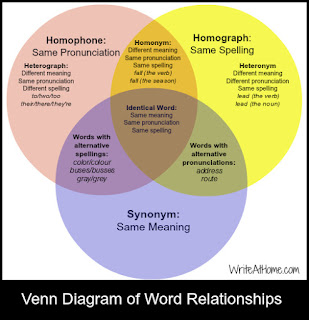Comparison
Comparison
When have two references and want to see the differences in order to highlight them, you can use these rules in English:
Modifiers with as...as
Often use the modifiers almost, just, and nearly, and half, twice, three times, etc.
After as...as... we can use a subject pronoun+auxiliary verb, or an object pronoun.
Examples:
- I want to play soccer as well as Chicharito does.
- My cat is twice as big as last year.
- She ate nearly as much as he.
| Twice can only be used before as...as... However three times, four times, etc. can be used with as... as... or with a comparative adjective or adverb |
Modifiers with comparative adjectives or adverbs
The comparative form of an adjective is commonly used to compare two people, things, or states, when you want to say that one thing has a larger or smaller amount of a quality than another.
1. We use much, a lot, or far + comparative adjective or adverb for a big difference.
2. When we use more + noun for big differences;
we use much/far/a lot more + an uncountable noun and;
many/far/a lot more + a plural countable noun.
3. We use slightly or a little + comparative adjective or adverb for a small difference.
4. When we use more + noun for small differences;
we use a little/slightly/a little bit more + an uncountable noun and;
a few or slightly + a plural countable noun.
5. We sometimes repeat a comparative adjective or adverb for emphasis.
When the comparative is formed with more, the adjective/adverb is only used after the second more (NOT It's getting more difficult and more difficult).
Examples:
- She is being a lot more kind since you left.
- I used to do much more workout than now.
- He is slightly handsome than a year ago.
- I am a few smarter now.
- I am getting more and more nervous every minute.
The superlative form is used for more than two people, things, or states, when one thing has qualities that exceed all the others. Superlative adjectives have the in front of them, but it can be omitted in predicative positions.
We often use by far/easily, and nearly almost to modify superlative adjectives or adverbs.
the...the... + comparatives
We can use comparatives with the...the... to say that things change or vary together.
1. When the verb in the first part is be, it can be left out
- He was the smarter from the class.
2. We often use more + noun in this structure
- The more fast food you eat, the less healthy you are.
3. When the second comparative is better, a reduced structure can be used
- The faster the better.

Comments
Post a Comment